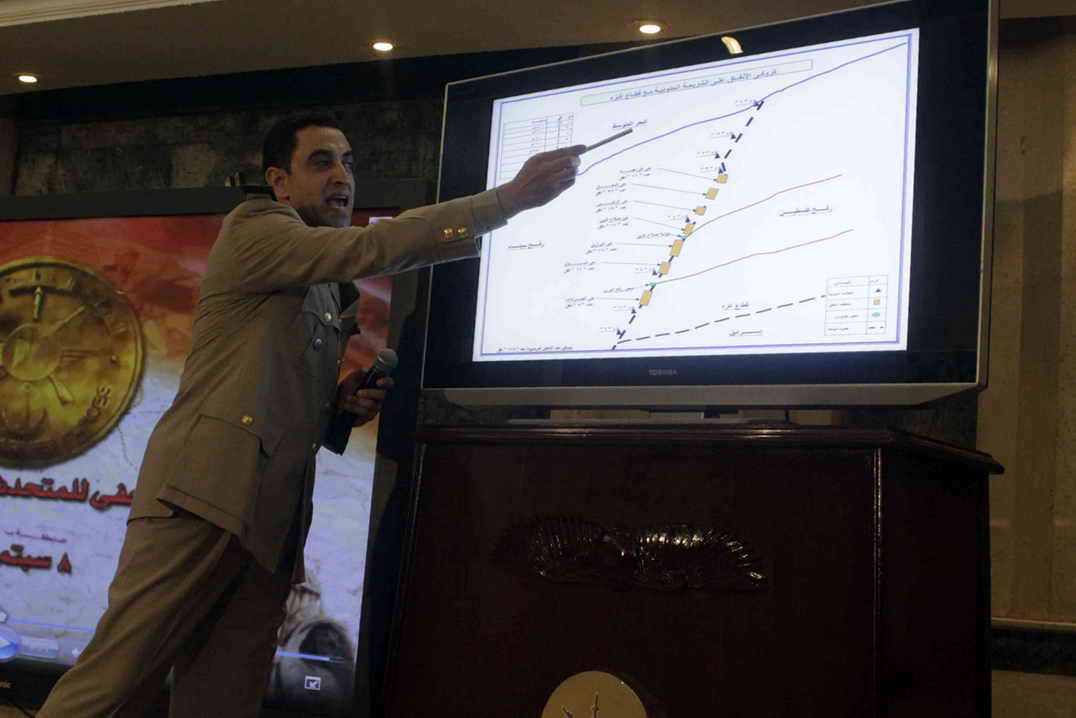The Lal Masjid debacle earlier this year once again brought to the limelight the issue reforming madrasas, Muslim religious schools. There seems to be a general belief amongst the western population and media that madrasas help promote intolerance and extremism and are the recruiting grounds for terrorists. In fact, the 9/11 commission report issued in the United States seemed to consider madrasa education, especially in Pakistan, as a root source of problems. Although acknowledging that it is only a small minority of madrasas that encourage extremism and radicalism, the question still remains how can the Pakistani government help change the system while still maintaining the benefits of madrasas?
Under the current system, madrasas provide an education heavily focused on religion. Many poor families, especially those coming from rural areas, send their children to madrasas where they are provided with free board, education (albeit only religious) and two square meals a day. In addition, many families strongly believe that children need religious education along with secular education. Hence, families at times transfer children from secular schools to religious schools for a short period of time to obtain religious education before once again resuming their mainstream education.
I think in order to overcome the drawbacks of the madrasa education (intolerance and a very narrow view of religion) while still maintaining their social welfare system, Pakistani policy makers will do well to observe the Indonesian religious schools also known as pesantrans. These pesantrans are noted for teaching a moderate form of Islam.
The pesantran that I had visited was located in Bogor Indonesia, located close to the Indonesian capital of Jakarta. It was a Muslim religious high school run by the Department of Education and the Department of Religion. I visited the school and wished all religious schools could be similar.
The school was co-ed, and provided both secular and religious education to boys and girls in a mixed classroom setting. There was free interaction between the two sexes. The female students and teachers wore the hijab, or headscarf, but this in no way restricted their freedom of interaction. The students prayed together, but during breaks took out a guitar and joined in singing the latest local pop songs as well. The school had very consciously mixed religious education while also maintaining elements of Indonesian culture. The students were also members of girls and boys scouts groups where they were taught to be self-sufficient. The school catered to both day students as well as boarders.
I spent six months in Jakarta and I realized that this school was not one-of-a-kind, but that this was the system of religious education in Indonesia. It was easy to recognise these students all over Jakarta as well as in many parts of rural Indonesia with their long white skirts for girls and white uniforms for boys. There are more than 14,000 pesantrans in Indonesia and they provide the same benefits as the madrasas in Pakistan. They provide room and board and education in areas where even the government has not been able to create schools.
I feel the religious and secular mix that they have in Indonesia would allow youth to be more tolerant not only of other religions but also of those who tend to be different within our own religion. In addition, the mixed classes and interaction allow a certain level of respect and tolerance between the genders and I strongly believe that Pakistan has much to learn from them.
The government of Pakistan would do well to invest some resources in figuring out what it is that makes these pesantrans work so well in Indonesia, why almost 20 percent of the student population in Indonesia obtains their education from these schools and high schools and why it is that Indonesia is still able to maintain its reputation as a moderate Muslim country, even with such a widespread madrasa system?
Sana Rizwan Farid is an analyst for Georgetown University in Washington DC. She can be reached at [email protected]. This article is distributed by the Common Ground News Service (CGNews) and can be accessed at www.commongroundnews.org.


